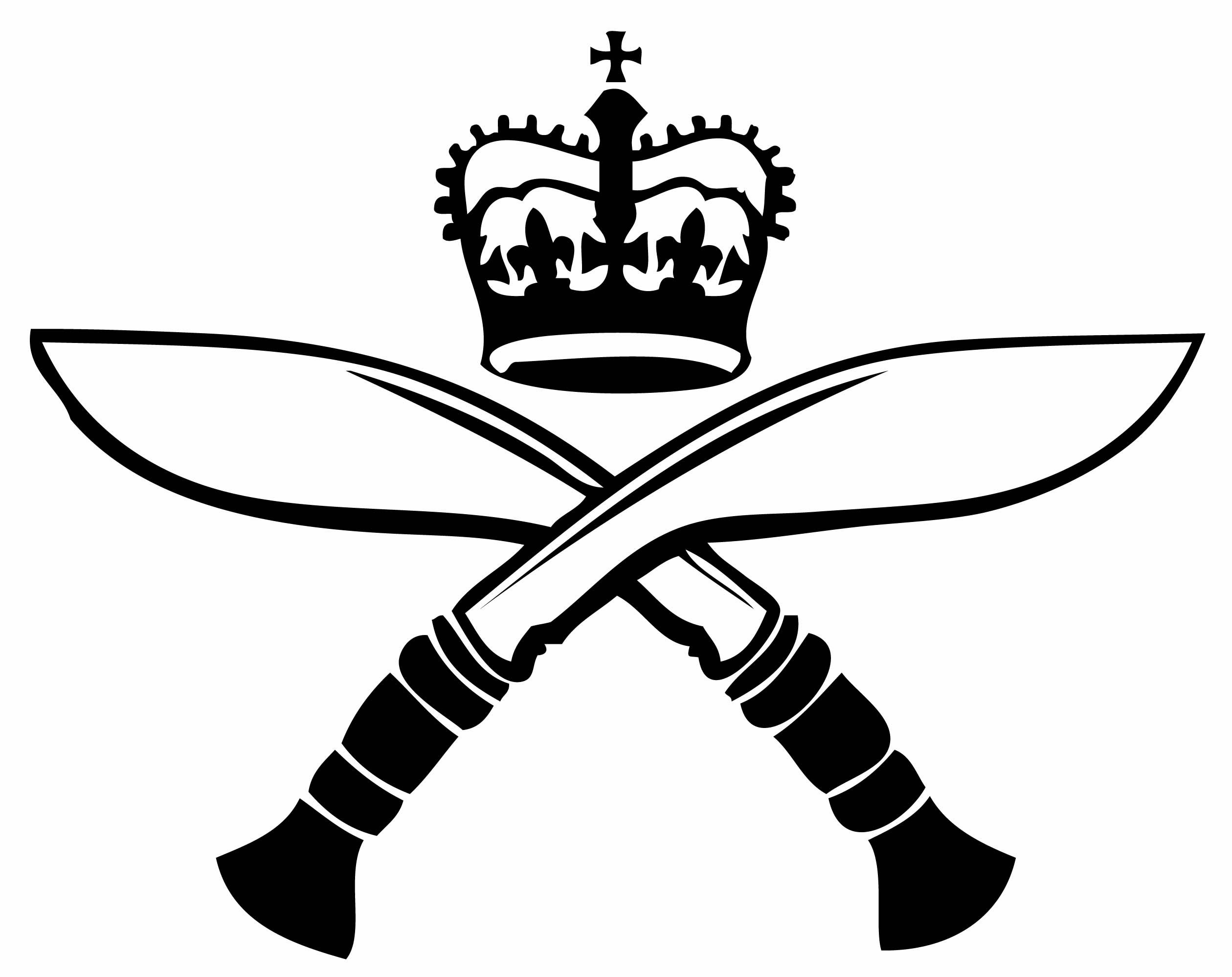Hong Kong’s Gurkha Brigades left in 1997, but the soldiers’ children are returning to make Hong Kong home
Reporter: Yvonne Yeung, Cherry Ge
As Hong Kong prepared for the handover of sovereignty from Britain to China in 1997, a military band played “Sunset” on their bagpipes on a polo field in Sek Kong, Yuen Long.
The date was November 1, 1996 and the men were “beating retreat”, a military ceremony to mark the end of the 48-year presence of the Gurkha brigades in Hong Kong.
It is now 14 years since the territory’s 700 Gurkha servicemen were redeployed but their legacy lives on in Hong Kong’s small but growing Nepali community, and in the annual Trailwalker charity event.
“It will be legendary if we can see Gurkhas competing against the People’s Liberation Army (PLA) in the 30th anniversary Oxfam challenge in Hong Kong,” says Danny Thapa. Thapa, now 57, served in the British Army for 20 years, from 1972 to 1992. He was one of the men involved in mapping out the original Trailwalker route.
Trailwalker began in 1981 as a British army training exercise led by the Hong Kong Gurkha Signals Squadron. The exercise raised HK$80,000 to help the Spastics Association of Hong Kong and build a library in a poor Nepalese village.
In 1986, teams of civilians were allowed to take part and Oxfam Hong Kong was brought in to help organize the event. Oxfam Trailwalker has since become one of the largest fundraising sports events in Hong Kong. It is also held in 11 other countries around the world.
An event that tests physical and mental endurance and teamwork, Trailwalker symbolizes the Gurkha spirit.
“Better to die than be a coward” is the motto of the fearsome Nepalese fighters, who became an integral part of the British Army. The name “Gurkha” comes from the hill town of Gorkha, the ancestral hometown of the Nepalese royal family.
Gurkha soldiers fought on the frontline for the British army for 200 years. They participated in the two World Wars, and were assigned to Hong Kong, where their security duties included patrolling the border to prevent the entry of illegal immigrants from the mainland.
After the handover in 1997, the regiment moved to the United Kingdom. Only a few ex-servicemen chose to remain in Hong Kong and make their living here.
Danny Thapa was one of them. After leaving the army in 1992, he got a job as a manager in the manufacturing sector. He says the transition was challenging but not one that he could not overcome. “It takes time to adjust, as we have to face the world as an individual rather than a unit,” he recalls.
Thapa says the Gurkhas who stayed in Hong Kong served in a variety of roles in the military. Most of them were in the infantry but there were also significant numbers of engineers, logisticians and signals specialists.
In the army, Thapa gained knowledge and experience in communications and electronics, which gave him a wider choice of employment in civilian life. “The UK Ministry of Defence (MoD) provided education for related trades and training in the army in order to make sure each serviceman was capable of surviving even after they resign,” he says.









































